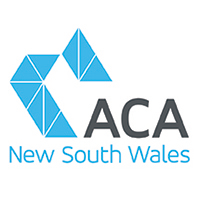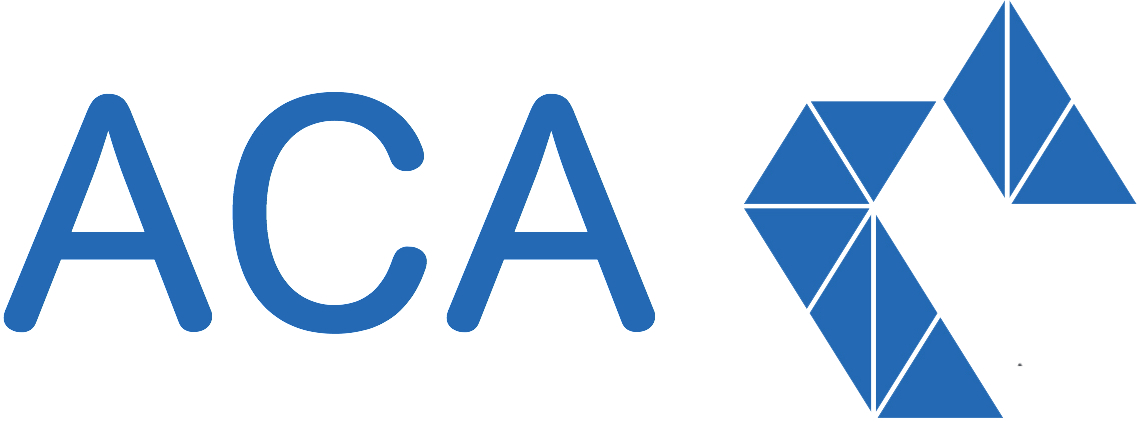The NSW's Public Health Act will be amended to strengthen vaccination enrolment requirements in child care (also known as early childhood education and care). From 1 January 2018:
- children who are unvaccinated due to their parent’s conscientious objection will no longer be able to be enrolled in child care
- it will be an offence for a person to forge or falsify a vaccination certificate
Importantly, the vast majority of children will be unaffected by the changes as over 93% of children in NSW are fully vaccinated at one and five years of age (see HealthStatsNSW). When last measured in December 2015, parental conscientious objection affected only around 1.3% of children aged 0-7 years in NSW. Children who cannot be fully vaccinated due to a medical condition or who are on a recognised catch-up schedule will still be able to be enrolled upon presentation of the appropriate form signed by a medical practitioner.
The new requirements do not change other existing provisions. A register of the age appropriate vaccination documentation still needs to be maintained for each child ( a register template is available at Strengthening vaccination requirements for child care) and in the event of specified vaccine preventable disease outbreak in a child care centre the public health officer can exclude children who are not vaccinated for that disease to protect them from infection and prevent them from passing diseases to others.
How does this differ from previous requirements?
Since 1 January 2014, NSW child care centres have been prevented under the Public Health Act 2010 from enrolling children unless approved documentation is provided that indicates that the child:
- is fully immunised for their age (AIR Immunisation History Statement), or
- has a medical reason not to be vaccinated (Medicare Immunisation Medical Exemption Form), or
- is on a recognised catch-up schedule (Medicare Immunisation History Form), or
- has a parent who has an objection to vaccination (Interim Vaccination Objection Form for Enrolment in NSW Child Care Centres).
The Interim Vaccination Objection Form for Enrolment in NSW Child Care Centres will be deleted and will no longer be accepted for the purposes of enrolling children in child care from 1 January 2018. To support the integrity of these changes, offences will be created for principals of child care centres who fail to comply with these requirements, and for people who forge or falsify vaccination records. NSW Health will work closely with stakeholders and develop educational materials for parents and child care centres to support compliance.
What if a child is enrolled before 1 January 2018?
Parents of children who were enrolled in 2017 to commence child care in 2018 may continue to submit the existing forms.
What forms will be required to be provided at enrolment?
From 1 January 2018, parents must provide a copy of one or more of the following documents to enrol in a child care centre:
- a Medicare Immunisation History Statement which shows that the child is up to date with their scheduled vaccinations; or
- a Medicare Immunisation History Form on which the immunisation provider has certified that the child is on a recognised catch-up schedule (temporary for 6 months only); or
- a Medicare Immunisation Medical Exemption Form which has been certified by a GP.
No other form of documentation is acceptable (i.e. Blue Book). The documents must be stored by the childcare service in a secure location for 3 years, unless a child transfers to another childcare service.
Which vaccines must a child have to be fully vaccinated?
The NSW Immunisation Schedule sets out the age-appropriate vaccines for children and the AIR Immunisation History Statement will indicate if the child is up to date with their vaccinations.
What if a parent fails to provide the appropriate documents from January 2018?
Childcare centres cannot enrol children if the required documents are not provided.
Which children are exempt from the new requirements?
The following are permanently exempt from the new requirements:
- children who are enrolled in formal schooling (for example, attending before and after school care both on school campuses or externally)
- services providing education and care to children primarily on an ad hoc, temporary or casual basis (for example, crèches in shopping centres and gyms)
The following classes of children are temporarily exempt from the new requirements and the documentation must be provided within 12 weeks from the date of enrolment in the child care facility:
- those who are subject to a guardianship order under section 79A of the Children and Young Persons (Cqare and Protection) Act 1998
- those who have been placed in out-of-home care
- those who are being cared for by an adult who is not the child’s parent due to exceptional circumstances such as illness or incapacity
- those who have been evacuated following a state of emergency (for example, a declared natural disaster)
- Aboriginal or Torres Strait Islander children
Why have these changes been made?
These changes have been made to strengthen vaccination enrolment requirements in child care. In particular, they will:
- send a strong public health message about the importance of vaccination
- reinforce for the broader community the overwhelming scientific evidence that vaccination is safe and highly effective in preventing disease
- help reduce the transmission of disease in certain geographical areas.
The changes will also align with national changes under the Australian Federal Government’s No Jab, No Pay initiative that removed the conscientious objection exemption in determining eligibility for child care and family assistance payments.
Do parents still have a choice to vaccinate their children?
Yes. Vaccination is not compulsory and parents will continue to have the choice whether or not to vaccinate their child. However, conscientious objectors will no longer be able to enrol their children in child care and will need to make alternative arrangements.
Are unimmunised children able to enrol in childcare after 1 Janaury 2018?
The only children who can be enrolled in childcare after 1 January 2018 are those who are unimmunised due to medical reasons, provided that the appropriate documentation has been provided, or children who are too young to be immunised (under 2 months of age).
Also, children who are behind with their immunisation schedule are able to access child care once the appropriate documentation has been provided that shows they are on a recognised catch-up schedule.
Children who are unimmunised for a disease may be asked to stay at home if there is an outbreak of that vaccine preventable disease in a child care centre.
How do parents access an AIR Immunisation History Statement for their child?
Parents automatically receive their child’s AIR Immunisation History Statement in the mail after they complete their immunisation schedule (sometime after 4 years of age).
A copy of their child's immunisation details can also be obtained at any time via:
- calling the Australian Immunisation Register (AIR) on 1800 653 809
- Medicare Online Services
- requesting a statement by e-mailing air@medicareaustralia.gov.au
- by visiting their local Medicare office.
What if a child was vaccinated overseas?
Overseas immunisation records must not be accepted by child care centres. The overseas immunisation records need to be assessed by an immunisation provider who will transfer the information to the Australian Immunisation Register (AIR). Parents can then request a Medicare Immunisation History Statement.
Which diseases must child care facility directors report to public health units?
Under the NSW Public Health Act 2010 child care centres must notify the following 9 vaccine preventable diseases to the local Public Health Unit on 1300 066 055:
- Diphtheria
- Haemophilus influenzae type b (Hib)
- Measles
- Meningococcal C
- Mumps
- Pertussis (whooping cough)
- Poliomyelitis
- Rubella
- Tetanus
The Public Health Unit may need to review the centre's immunisation register to determine which children are at risk from the outbreak.
Following assessment of the situation, the public health officer may instruct the director to exclude certain children for a period, or provide advice regarding preventive measures.
Are childcare centres required to forward immunisation status documentation to primary school principals?
No. Childcare centres are not required to transfer Medicare Immunisation History Statements or exemption documentation to primary school principals when a child leaves a child care centre, however they must retain the information for 3 years.
How are the new requirements being enforced?
New offences have been created to ensure that approved providers only enrol children for whom the appropriate forms have been provided, and that these forms have not been forged or falsified, with fines up to $5,500.
This is in addition to the current regulatory activities undertaken by the NSW Department of Education under the Education and Care Services National Law and Regulations.
Who can I contact for more information?
More information about the new requirements is available by contacting your local Public Health Unit on 1300 066 055.








